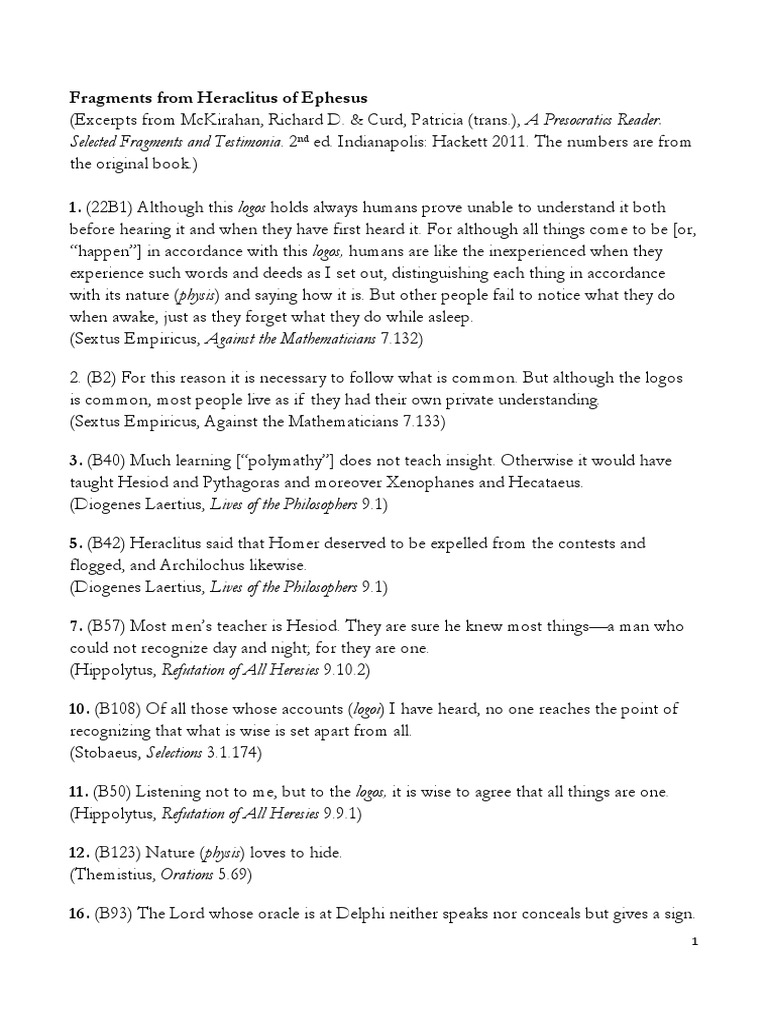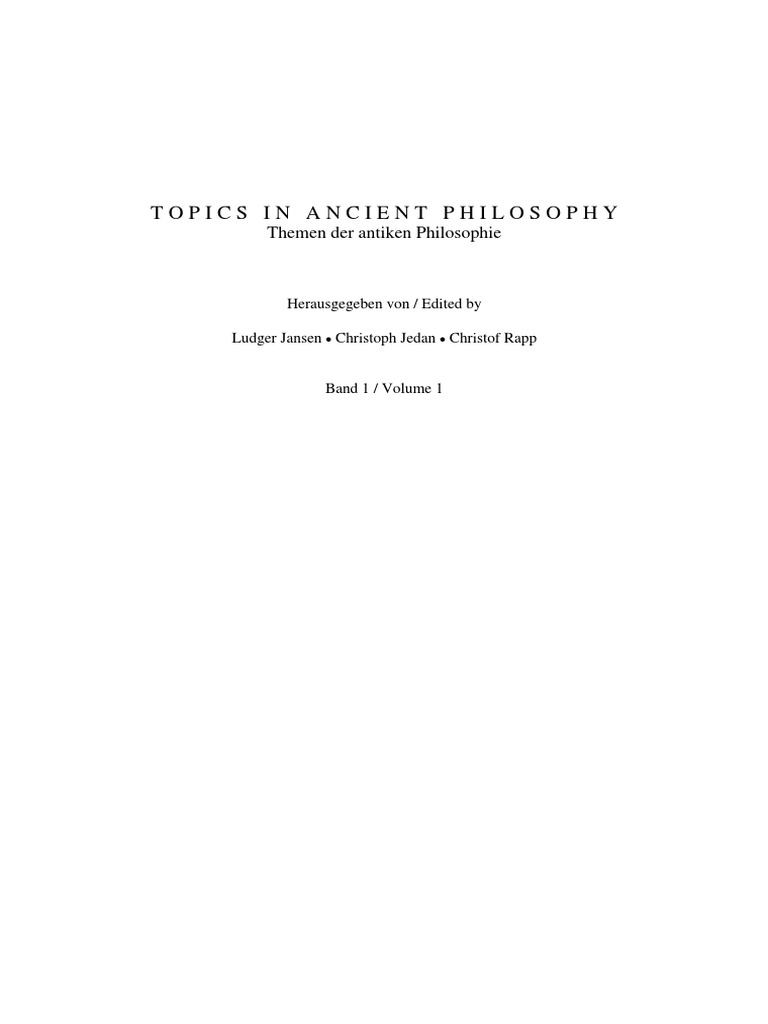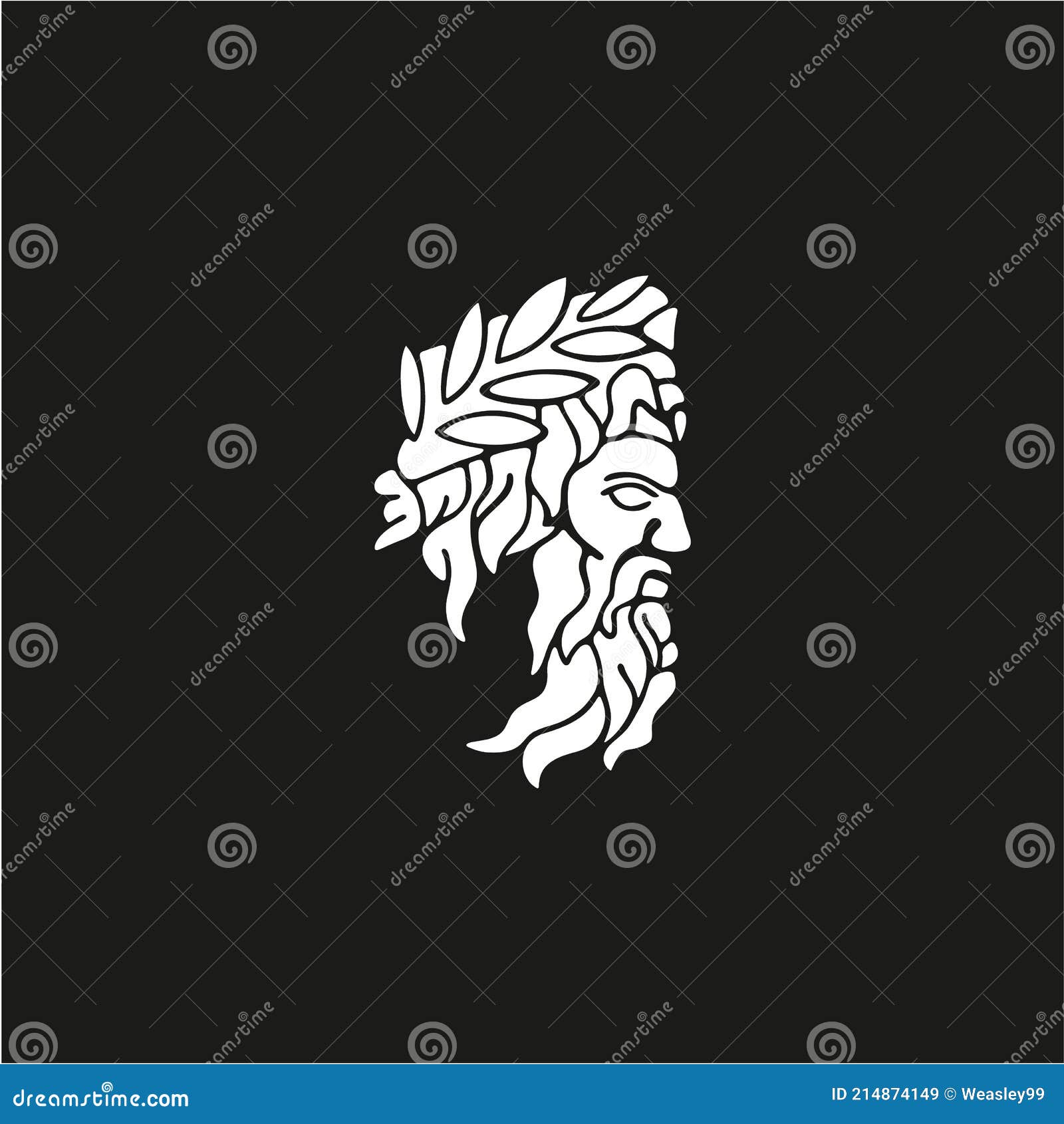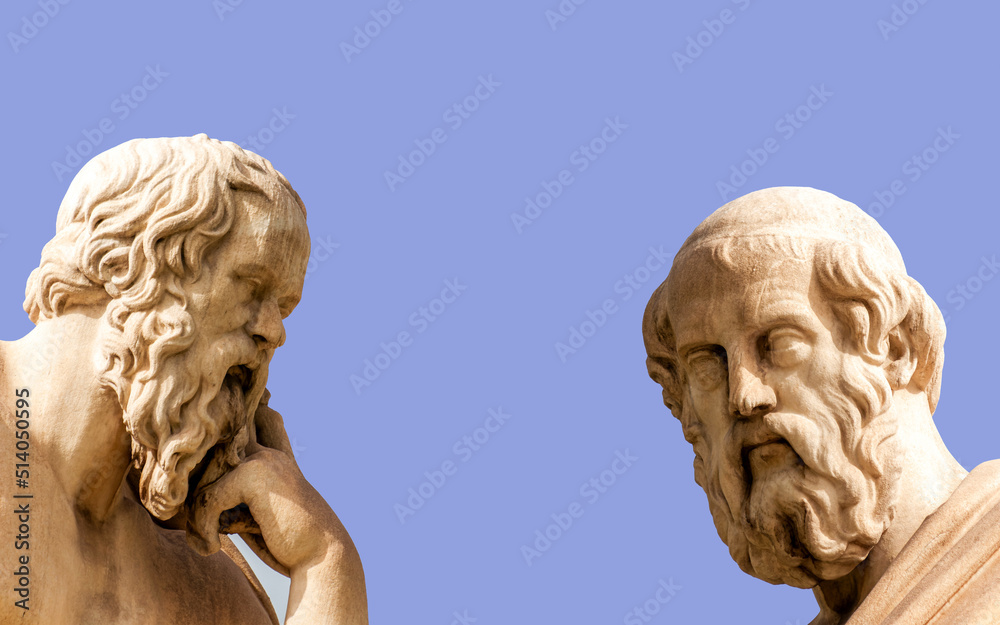Unpacking Being and Logos: Ancient Greek Philosophy Explained

Understanding the Foundations of Western Philosophy

In the vast expanse of human knowledge, there exist few subjects as profound and influential as ancient Greek philosophy. Born out of curiosity and a desire to understand the world, the philosophical inquiries of ancient Greeks laid the groundwork for Western philosophy as we know it today. At the heart of this philosophical tradition are two concepts that, despite their complexity, offer profound insights into the nature of existence and knowledge: Being and Logos.
What is Being?

The concept of Being, often associated with the philosopher Parmenides, is a foundational idea in ancient Greek philosophy. At its core, Being refers to the state of existence, that which is real and unchanging. Parmenides argued that Being is the ultimate reality, the essence of all that exists. This concept stands in contrast to change and non-being, which Parmenides viewed as mere illusions. The idea of Being as the fundamental reality has had a lasting impact on Western philosophy, influencing thinkers from Plato to modern existentialists.
Exploring Logos

Logos, another pivotal concept in ancient Greek philosophy, is often translated as “reason,” “word,” or “discourse.” It is a term that encapsulates the idea of rational thought, communication, and the underlying principle that governs the universe. The philosopher Heraclitus is notable for his use of Logos, which he saw as the universal principle that governs all things. Heraclitus believed that Logos is the rational structure of the universe, the principle that makes the world intelligible to human beings.
Intersecting Being and Logos

The intersection of Being and Logos is a critical juncture in ancient Greek philosophy. If Being represents the state of existence, Logos represents the way in which we understand and communicate that existence. Together, these concepts form the foundation of a philosophical framework that seeks to understand the world and humanity’s place within it. The relationship between Being and Logos has been explored by numerous philosophers, including Plato and Aristotle, each offering unique insights into the nature of reality and knowledge.
Implications and Influences

The impact of Being and Logos extends far beyond the realm of ancient Greek philosophy. These concepts have influenced Western thought in profound ways, shaping the development of philosophy, science, and religion. The idea of Being has influenced existentialist philosophers such as Jean-Paul Sartre and Martin Heidegger, while Logos has shaped the development of Western rationalism and the scientific method. The intersection of Being and Logos continues to be a subject of interest in contemporary philosophy, with ongoing debates about the nature of reality and knowledge.
📝 Note: The distinction between Being and Logos is not always clear-cut, and different philosophers have interpreted these concepts in varying ways. Understanding the nuances of these concepts requires a nuanced understanding of ancient Greek philosophy and its ongoing influence on Western thought.
Key Concepts and Philosophers

To better understand the concepts of Being and Logos, it is helpful to familiarize oneself with key philosophers and ideas:
- Parmenides: Known for his concept of Being as the ultimate reality.
- Heraclitus: Introduced the concept of Logos as the universal principle that governs the universe.
- Plato: Explored the relationship between Being and Logos in his theory of forms.
- Aristotle: Developed the concept of substance as a way of understanding Being.
- Existentialism: A philosophical movement that emphasizes individual existence and freedom.
Reading List

For those interested in delving deeper into the concepts of Being and Logos, the following texts are recommended:
- Parmenides’ “On Nature”: A foundational text on the concept of Being.
- Heraclitus’ “Fragments”: A collection of sayings and writings on the concept of Logos.
- Plato’s “The Republic”: A philosophical text that explores the relationship between Being and Logos.
- Aristotle’s “Metaphysics”: A comprehensive text on the nature of reality and Being.
What is the difference between Being and Logos?

+
Being refers to the state of existence, while Logos represents the rational principle that governs the universe and enables human understanding and communication.
Who are some key philosophers associated with Being and Logos?

+
Parmenides, Heraclitus, Plato, and Aristotle are some of the most notable philosophers associated with these concepts.
How have Being and Logos influenced Western thought?

+
The concepts of Being and Logos have shaped the development of philosophy, science, and religion, influencing thinkers from existentialists to rationalists.
In the end, the concepts of Being and Logos remain fundamental to our understanding of the world and our place within it. Through the lens of ancient Greek philosophy, we gain a deeper appreciation for the complexities of existence and the human desire to understand and communicate that existence. As we continue to explore and debate these concepts, we honor the legacy of ancient Greek philosophers and their enduring impact on Western thought.


